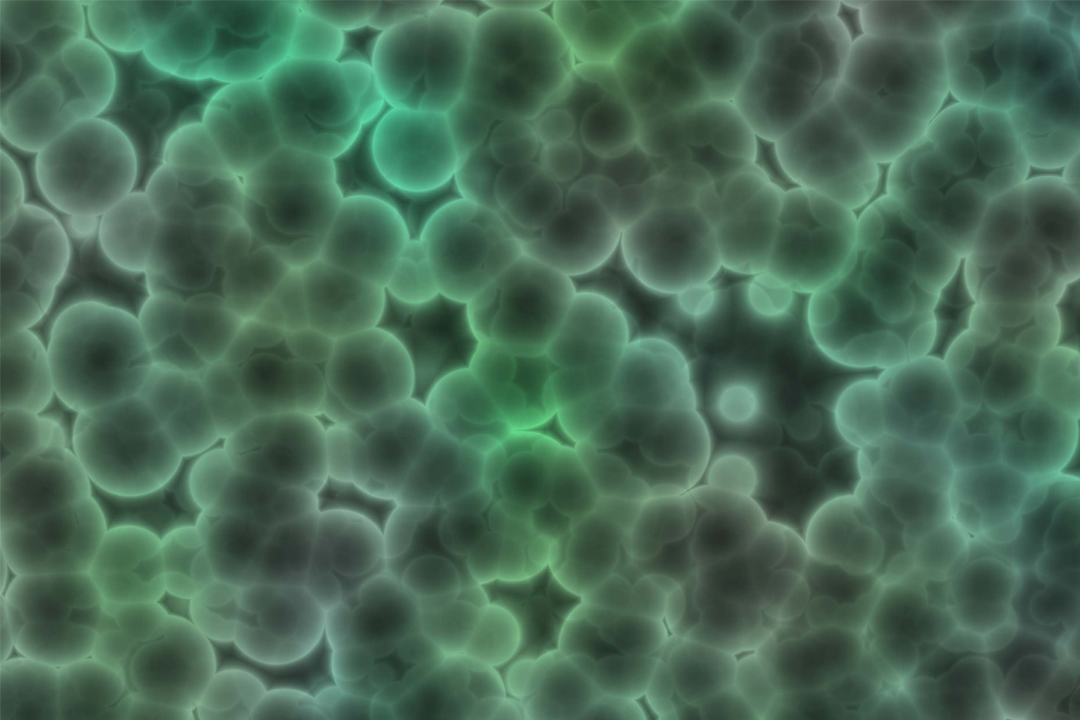
Reducing Food Waste in Foodservice
October 16, 2018 by Doreen Garelick, Dietetic Intern
Our intern Doreen attended a food waste summit for restaurants and compiled these tips to help food service operators redirect…
Nutrition 101
April 30, 2017

By now you've probably heard how important it is to keep your gut healthy. Recent research continues to demonstrate the important role of our very own individual gut microbiome in long term health. The gut microbiome consists of trillions of microorganisms living in our intestines made up of more than thousands of different bacteria.1 This concept of bacteria living inside of us might seem strange but each and every one of us harbors a unique community of microbiota that are important to health.
Major functions of the gut microbiota are to help the body digest and absorb food as well as produce nutrients. It also serves as an immunity defense system providing an antimicrobial protective barrier in our intestines. A gut balanced with beneficial bacteria is better able to carry out these functions and therefore aids in health, digestion, immunity, and mental wellbeing.1
There are different factors affecting the composition of your individual microbiome which changes throughout the life cycle. Age is an important factor to consider. An infant’s gut microbiome is vastly changing and unstable, with proportions of different bacteria largely dependent on how the infant was delivered and the bacteria that infant was exposed to from the mother. As the infant grows, the type of foods consumed during infancy also play an important role in the diversity of the infant’s gut microbiome.1
By the 3rd to 7th decade of life the gut microbiome seems to stabilize unless lifestyle, dietary, or environmental factors have changed. Environmental factors include use of antibiotics, known to deplete and change healthy microbiome balance. Long term use of antibiotics could also develop resistant genes which alters the diversity and proportion of healthy gut stability.1
Our diet is considered to be the most significant factor in shaping the composition, diversity, and richness of the gut microbiome. It’s widely accepted that eating a diet rich in fruits, vegetables, and fibers is linked to healthy gut balance and prolonged health. On the contrary, a Western diet full of processed sugars and fat can influence the diversity of bacterial species in your gut.1
Changing eating habits is extremely personal and won’t happen overnight, but steady and comfortable changes to your diet which improve gut health can better your health. Incorporating more fruits and vegetables in place of processed foods that may be high in sugar and fat can be a good place to start.
Another way to promote gut health is the use of prebiotics and probiotics. Prebiotics are foods or supplements high in soluble fiber that promote the growth of microbes and bacteria in our gut, in turn benefiting our overall health. Probiotics are foods or supplements containing live beneficial microbes that become a part of the gut microbiome and build balance and diversity in your intestines. Research indicates that probiotics may help balance our gut microbiome when it has been negatively affected by poor diet, infections, antibiotic use, and stress.2
The most common probiotics are lactobacillus, bifidobacterium, enterococcus and streptococcus. As stated before, each person has their own unique variety of gut microbes therefore which strand of probiotic is best can vary by individual.2
Probiotic supplements can be costly but there are plenty of enjoyable food sources that could provide prebiotics and probiotics without the hefty cost. Prebiotics are found in foods with soluble fiber, especially onions, garlic, bananas, chicory root, and Jerusalem artichokes. Probiotics are found in yogurt and fermented food which are not heated and still contain their live cultures. Examples include fresh kimchi, water or brine cured olives, kefir, some cheeses, fresh sauerkraut, and fresh sour dill pickles.3
And keep in mine, when attempting to change or implement new foods into your diet, it’s always a good idea to do your own research and ask a trusted practitioner in order to be sure that your actions are in line with what’s best for your individual overall health and well-being.
References
1. Jandhyala, S. M. (2015). Role of the normal gut microbiota. World Journal of Gastroenterology, 21(29), 8787. doi:10.3748/wjg.v21.i29.8787
2. Hemarajata, P., & Versalovic, J. (2013). Effects of probiotics on gut microbiota: mechanisms of intestinal immunomodulation and neuromodulation. Therapeutic Advances in Gastroenterology, 6(1), 39-51. doi:10.1177/1756283x12459294
3. Probiotics: In Depth. (2017, January 16). Retrieved April 17, 2017, from https://nccih.nih.gov/health/probiotics/introduction.htm

October 16, 2018 by Doreen Garelick, Dietetic Intern
Our intern Doreen attended a food waste summit for restaurants and compiled these tips to help food service operators redirect food waste from landfills.
Nutrition 101

Nutrition 101
September 26, 2018 by Doreen Garelick, Dietetic Intern
Ever notice headlines about rapid weightloss? Dietetic Intern Doreen Garelick looks deeper into a recent eye-catching headline to see if there's any truth behind it.
Connect
 Follow us on Twitter
Follow us on Twitter Friend us on Facebook
Friend us on Facebook Follow us on Pinterest
Follow us on Pinterest Follow us on Instagram
Follow us on Instagram Read our Blog
Read our Blog Watch videos on YouTube
Watch videos on YouTube Watch videos on Vimeo
Watch videos on Vimeo Connect with us on Linkedin
Connect with us on Linkedin Find us on Foursquare
Find us on Foursquare
Tweets by @SPEcertifiedBlog Search
Categories
SPE Certified Newsletter
Sign up for news on the latest SPE-certified venues, events and SPE updates.
We will never share your personal information with a third party.